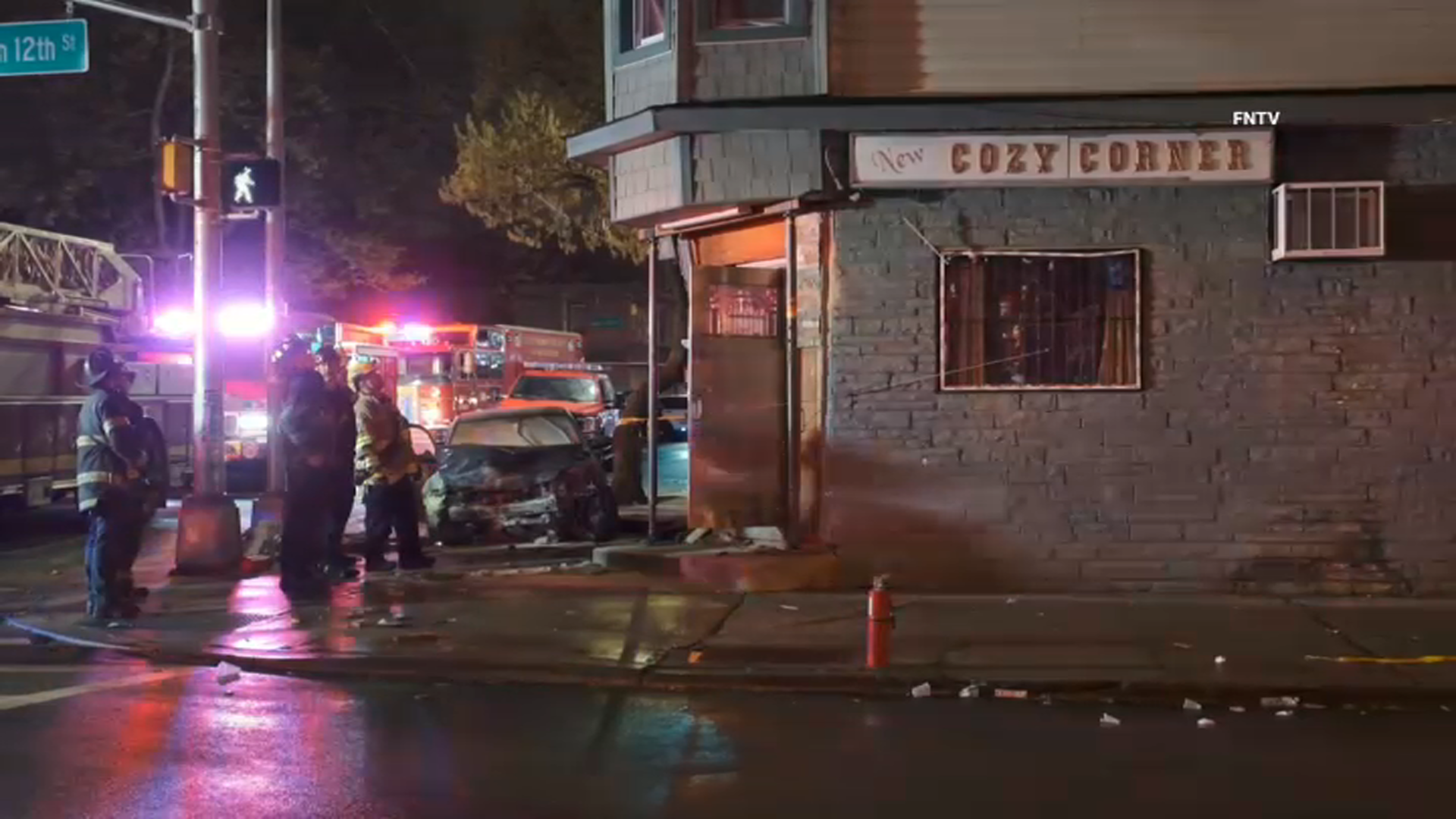When Mohammad Razvi helped plan the eighth annual Peace Walk through Sheepshead Bay, Brooklyn, he added a site to the route. In past years, participants of many faiths had visited local churches and synagogues in the neighborhood for informal tours and snacks.
This year Razvi, who is executive director of the Council of Peoples Organization, planned to end the walk at the site of a planned mosque on Voorhies Avenue. As a result, he says, the reverend at a church where the walk was to have begun disinvited the group. Not only that, but he says synagogues along the route all also declined to be hospitable.
And on the mosque block, residents taped handmade signs to the outside of their homes: "Don't call me to your prayers -- I'M NOT COMING," read one. Others expressed concerns about an adverse impact on traffic and general neighborhood peace and quiet.
But, as with related controversies in Midland Beach, Staten Island, Bay Ridge, Brooklyn and near the World Trade Center site, there's an undercurrent of something else.
As the "Peace Walkers" celebrated in the late spring evening sunshine by waving American flags and roses on one side of the avenue, protesters on the other side complained that they were not being asked over.
Police officers stood warily in the middle of the street, in between the groups.
However, when Abdelhafid Djemil of the Muslim American Society ventured through the NYPD lines to invite all of the local residents to the party, they loudly refused, amid angry gestures by some.
Local
"I wanted to be friendly with everybody, including all Muslims, but not in this way... in a short time they will be winners, because every country will be Muslims," said one man who declined to join those on the other side of Voorhies Avenue.
"It's a bit of a mystery I have to say, because New York is such an embodiment of the American ideal, freedom of religious expression," said The Rev. Chloe Breyer, executive director of the Interfaith Center of New York. "For centuries we have been gifted with enormous diversity."
All of this delivers a sense of deja vu on the Upper East Side of Manhattan, near the city's largest mosque. There, too, in the early 1990s twas pre-building controversy -- but almost none since.
"I never hear about any issues, there are no issues," said Carmine Petracca, who has lived in the neighborhood for almost 20 years.
Back on Voorhies Avenue, Razvi had hope.
"We're going to get through this and we're going to help others to come together with us," he said.
And had the protesting residents come over to the mosque lot, they would have heard him add, "our neighbors, we pray for them, that they will work with us in the future."



